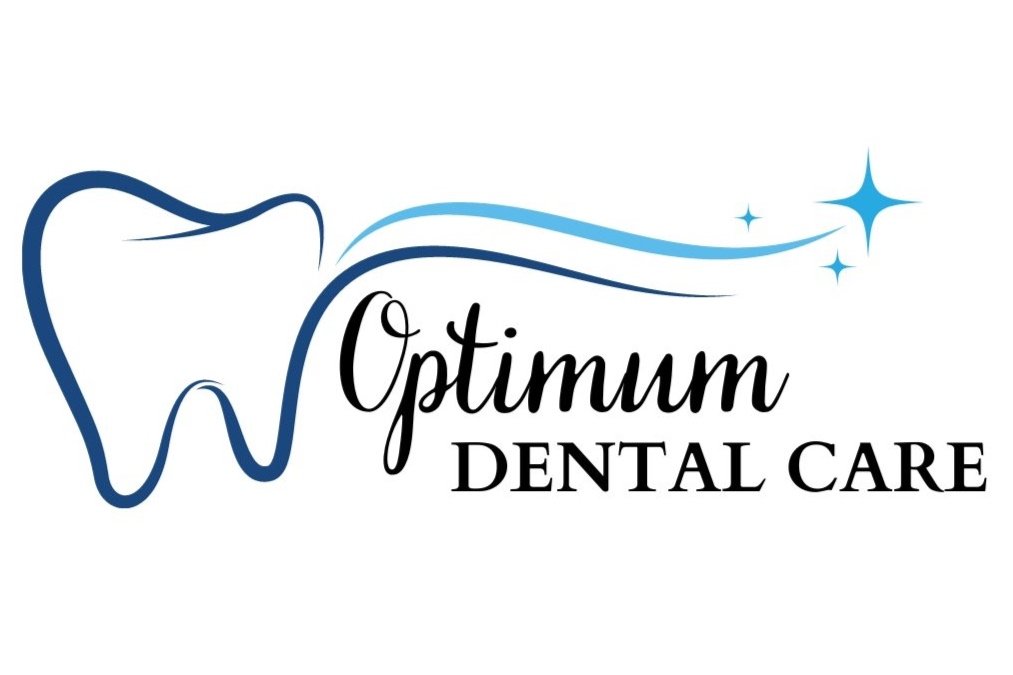Baby Bottle Syndrome
Question: What is Baby Bottle Syndrome?
Answer: Baby Bottle Syndrome , Baby Bottle Tooth Decay, or Nursing Bottle Mouth are all terms used to describe a dental condition which involves the rapid decay of many or all the baby teeth of an infant or child.
The problem is usually caused by a baby falling asleep while nursing a bottle or while breast feeding. The baby teeth when exposed for long periods of time to liquids containing sugars undergo rapid decay, usually the upper front teeth are the teeth frequently affected.
While the child is asleep, the sugary liquid pools around the front teeth and bacteria in the mouth converts the sugar into acid which causes the decay.
Common sources of liquids high in sugars are:
- a bottle containing formula, milk, soda, or juice
- a pacifier dipped in honey
- breast milk
Prevention of Baby Bottle Syndrome
- Clean your child’s teeth daily, a moist wash cloth can be used to wipe the teeth in the very young infant.
- Never allow your child to fall asleep with a bottle filled with juice, milk, or formula.
- Start weaning from the bottle at around age one.
- If child sleeps with the bottle make sure that it contains plain water.
- Make sure child gets enough fluoride to prevent tooth decay
- Have regular dental visits for your child beginning when their first teeth erupts.
Recommendation:
Regular dental checkups will help to prevent Baby Bottle Syndrome. In addition to the dentist being able to detect the cavities early, they will give proper instructions on caring for your baby’s teeth. Decreasing sugary bottles by gradually watering them down until just plain water is given at night is very important. Decrease consumption of sugar, especially between meals.
Caring for your baby’s teeth will allow your child to keep their teeth until they fall out naturally as the adult dentition erupts. Maintaining the baby teeth is important for the growth of the jaws in order to accommodate the larger adult teeth.
If severe dental caries occur then extractions are usually necessary, thus this is an instance that prevention is definitely better than the cure.
